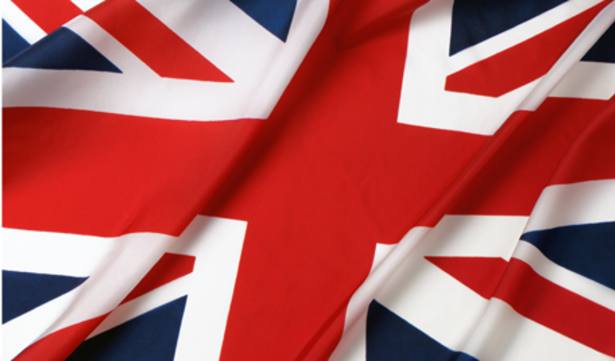Cheap credit, which is largely a result of central banks’ quantitative easing programmes, is likely to result in the proliferation of debt-financed mergers and acquisitions, according to Mr Lowcock.
He said: “Cheap debt has been around for a while. What is more important is for a company to be confident in its future direction and to utilise cheap debt. You do not want to see debt spiral out of control though. The more debt a company takes on, the less flexibility it enjoys when it comes to expenditure.”
Stockholders of multinational businesses listed on the FTSE 100 that pay out dividends in US dollars benefited from a bumper pay out because of a fall in sterling.
On the other hand, Morningstar estimates that between 25 per cent and 30 per cent of large-cap revenue is derived onshore, meaning a rally in sterling would be detrimental to the index.
Dean Aitchison, investment manager at Stansted-based KMD Private Wealth Management, said: “The pressing questions are: how high will the Fed raise rates and how fast?
"Many companies have utilised cheap debt, but the cost of debt looks set to rise, which is set to eat into these companies’ earning unless the debt is offloaded.
“Markets have priced in two rate raises in 2017 so there may be support for share prices if they fail to materialise.”
There is also a sentiment among some observers that that biggest UK blue chips are overvalued. Mr Aitchison said: “The higher valuation of UK large caps is partly justified by the increased earnings through currency gains. They have also been propped up by low interest rates and a fall in commodity prices – particularly oil prices.
“Valuations are higher, but they are not on the same level as they were during the ‘Dotcom’ period.”
Figures revealed by the Office for National Statistics revealed inflation rose to 2.7 per cent in April from 1.6 per cent in December – resulting from the weaker pound, which has increased fuel and import costs.
Mr Aitchison said: “Analysts thought the advent of Brexit and Trump’s presidency would be detrimental to markets, but they have instead elevated their growth because large companies have focussed on the fundamentals. The ‘Trump effect’ on large cap all hinges on whether he delivers on his spending package.”
Question marks have also been raised on the stability of dividends offered by the biggest blue chips in the UK. An AJ Bell report, published in mid-December, found that the dividend cover for the FTSE 100 index stood at a lowly figure of 1.46 times earnings.
The ideal cover should be two times earnings because it means only half of a company's profits are being used to pay shareholders.






